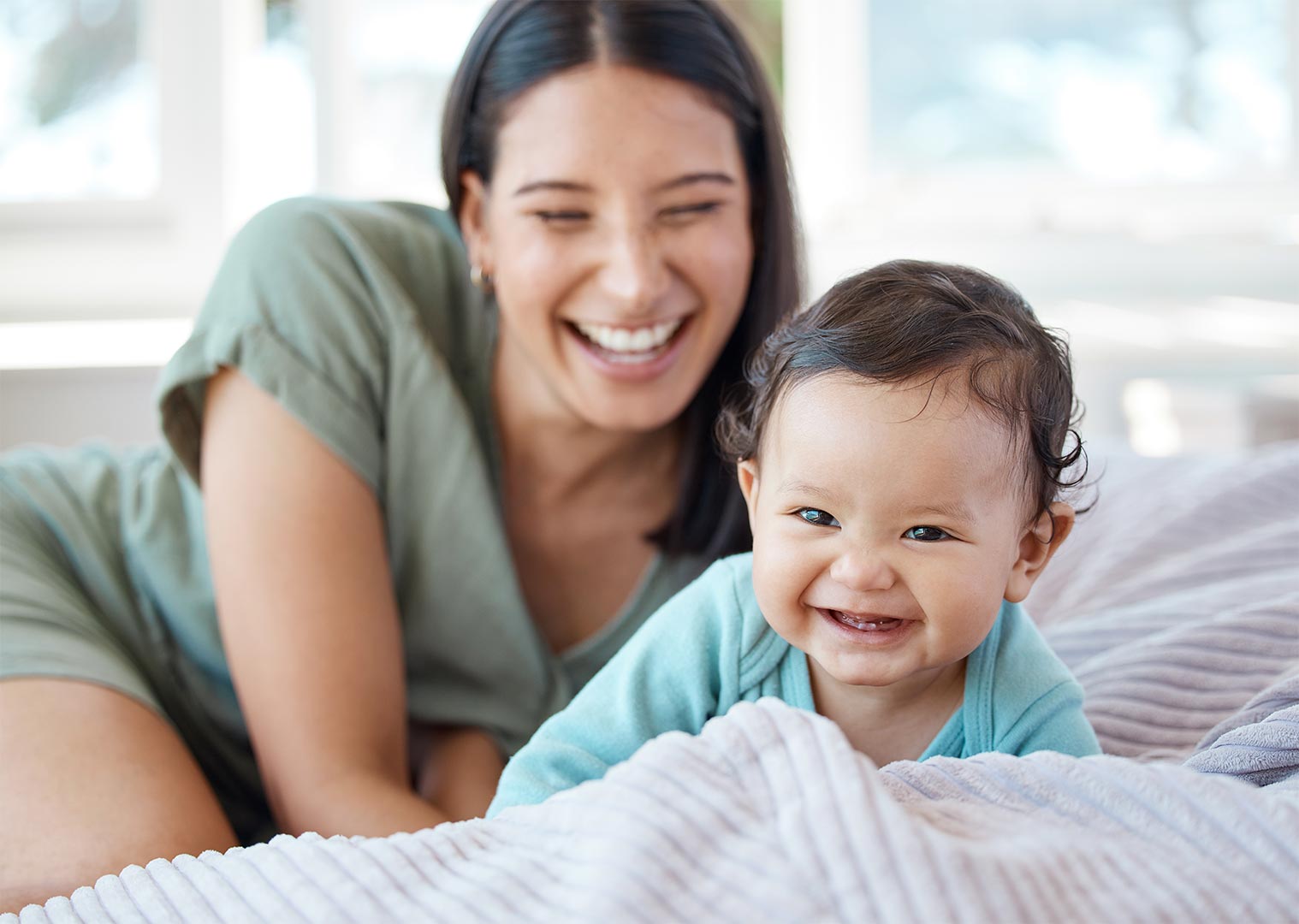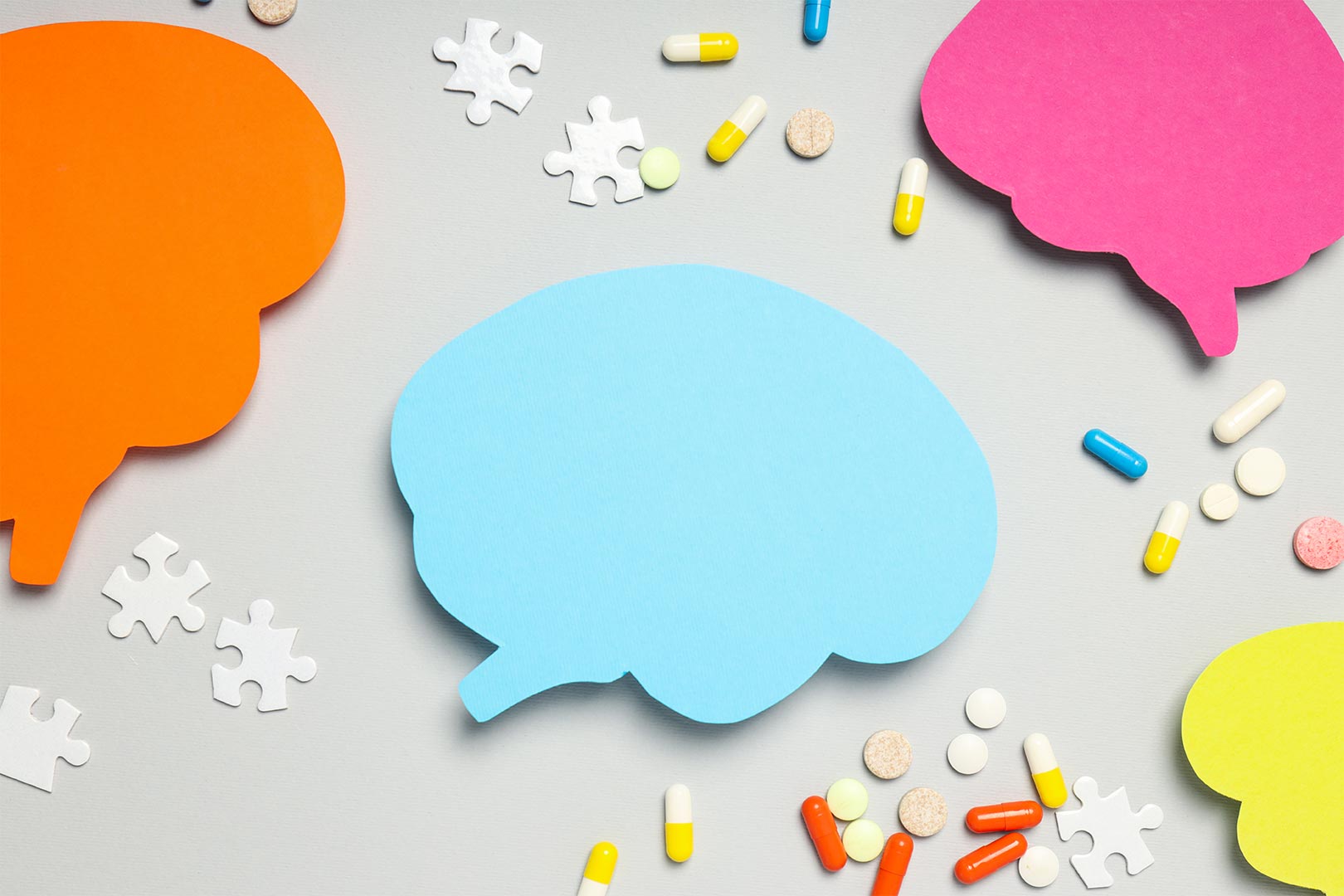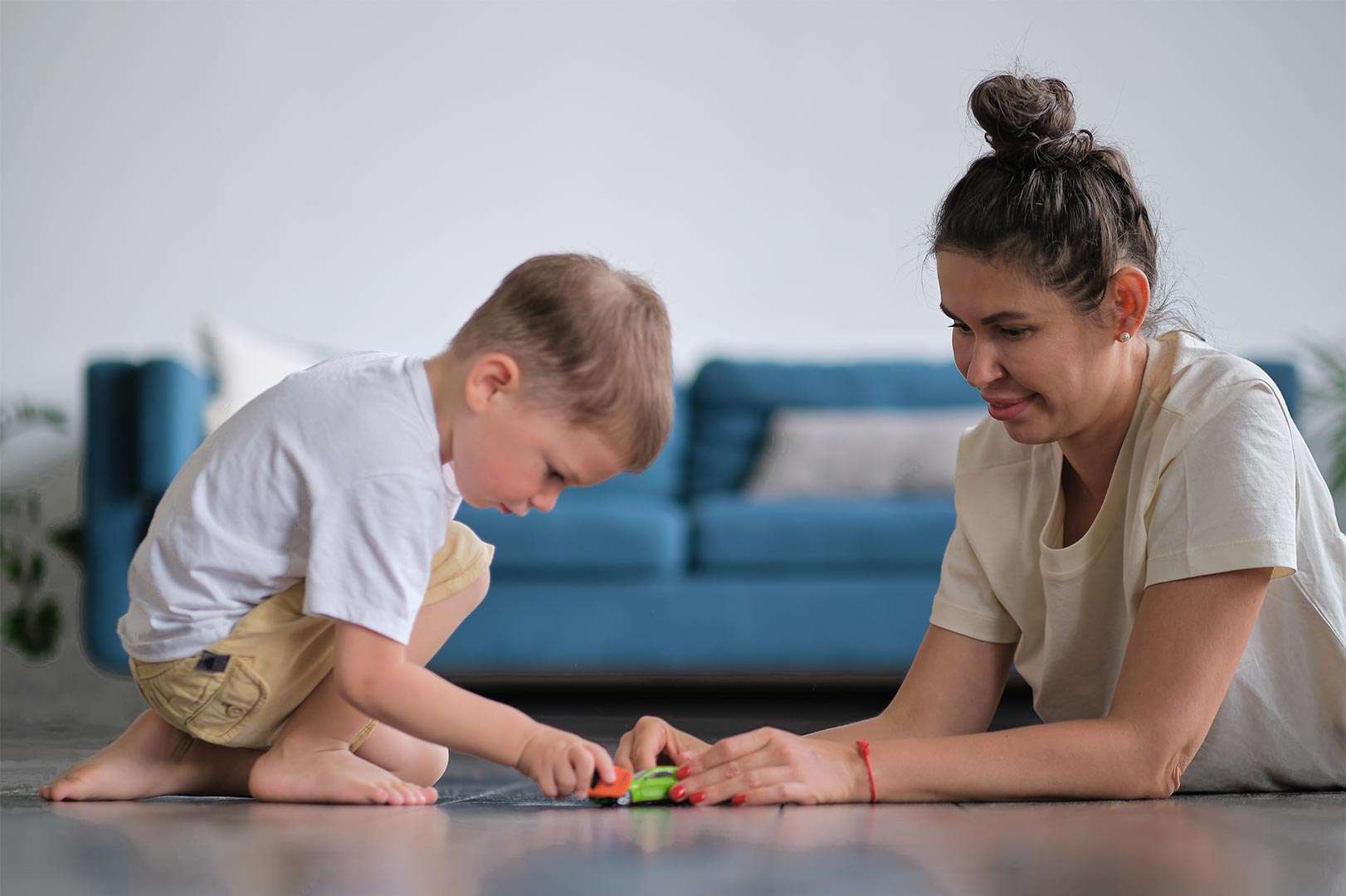Developmental milestones are the skills and abilities that most children learn at certain ages. They are a way to measure how a child is growing and developing. Milestones can be divided into four main categories:
- Gross motor skills: These are skills that involve the large muscles in the body, such as sitting, crawling, walking, and running.
- Fine motor skills: These are skills that involve the smaller muscles in the body, such as grasping objects, using utensils, and writing.
- Cognitive skills: These are skills that involve thinking, learning, and problem-solving.
- Language and communication skills: These are skills that involve understanding and using language, both spoken and written.
- Social-emotional skills: These are skills that involve interacting with others and managing one’s emotions.
Why are developmental milestones important?
Developmental milestones are important because they can help parents identify if their child is developing on track. If a child is not reaching certain milestones, it could be a sign of a developmental delay. Early intervention is essential for children with developmental delays, so it is important to have your child screened by a doctor or other healthcare professional at regular intervals.
How to track your child’s developmental milestones
There are a number of ways to track your child’s developmental milestones. One way is to use a developmental milestone chart. These charts can be found online or in many parenting books. They list the skills and abilities that most children learn at certain ages. Another way to track your child’s milestones is to talk to your doctor or other healthcare professional at their well-child visits.
What to do if you are concerned about your child’s development
If you are concerned about your child’s development, talk to your doctor or other healthcare professional. They can assess your child’s development and make recommendations if necessary. If your child is diagnosed with a developmental delay, there are a number of early intervention services available to help them reach their full potential.
Developmental milestones by age
- Gross motor skills: Rolls over, sits up, crawls, pulls to stand, walks
- Fine motor skills: Reaches for and grasps objects, transfers objects from one hand to the other, uses pincer grip
- Cognitive skills: Recognizes familiar faces and objects, follows objects with eyes, learns simple cause-and-effect relationships
- Language and communication skills: Babbles, makes cooing sounds, says simple words and phrases
- Social-emotional skills: Smiles, laughs, responds to social interaction
- Gross motor skills: Walks up and down stairs, runs, jumps, throws a ball
- Fine motor skills: Feeds self with utensils, scribbles with a crayon, builds towers with blocks
- Cognitive skills: Understands simple instructions, points to pictures when named, learns object permanence (that objects continue to exist even when they cannot be seen)
- Language and communication skills: Uses two-word phrases, follows simple commands, understands about 50 words
- Social-emotional skills: Plays simple games, enjoys playing with other children, shows affection for familiar people
- Gross motor skills: Kicks a ball, pedals a tricycle, climbs furniture
- Fine motor skills: Dresses and undresses self with help, draws simple shapes, builds towers with more than six blocks
- Cognitive skills: Follows two-step commands, sorts objects by shape and color, understands the concept of “same” and “different”
- Language and communication skills: Uses three-word phrases, asks and answers simple questions, understands about 200 words
- Social-emotional skills: Plays with other children in parallel play, shows empathy for others, uses words to express emotions
- Gross motor skills: Jumps rope, rides a bike, hops on one foot
- Fine motor skills: Cuts with scissors, ties shoes, draws pictures with recognizable details
- Cognitive skills: Counts to 10, solves simple puzzles, understands the concept of time (morning, afternoon, night)
- Language and communication skills: Speaks in complete sentences, uses pronouns correctly, understands about 1,000 words
- Social-emotional skills: Plays cooperatively with other children, takes turns, shares toys
- Gross motor skills: Runs a mile, catches a ball, skips
- Fine motor skills: Writes simple words, prints letters, uses utensils neatly
- Cognitive skills: Reads simple words, understands basic
Ages and Stages of Child Development HERE
Find out if your child needs extra support today!
- My child screams hysterically
- My child is mean to other children
- My child is always worried
- My child is scared to go to school
- My child is scared of loud noises
- My child doesn’t know how to read
- My child is scared to play outside
- My child does not respond to his name
- My child always gets in trouble
- My child fights with other children
- My child doesn’t know how to count
If you are concerned about your child’s development, contact us for Assessments: Phone/Telegram: 077.455.993 – Telegram Link: https://t.me/OrbRom
If you are concerned about your child’s development, contact us for Assessments.
Phone/Telegram: 077.455.993 Link: https://t.me/OrbRom






Leave A Comment